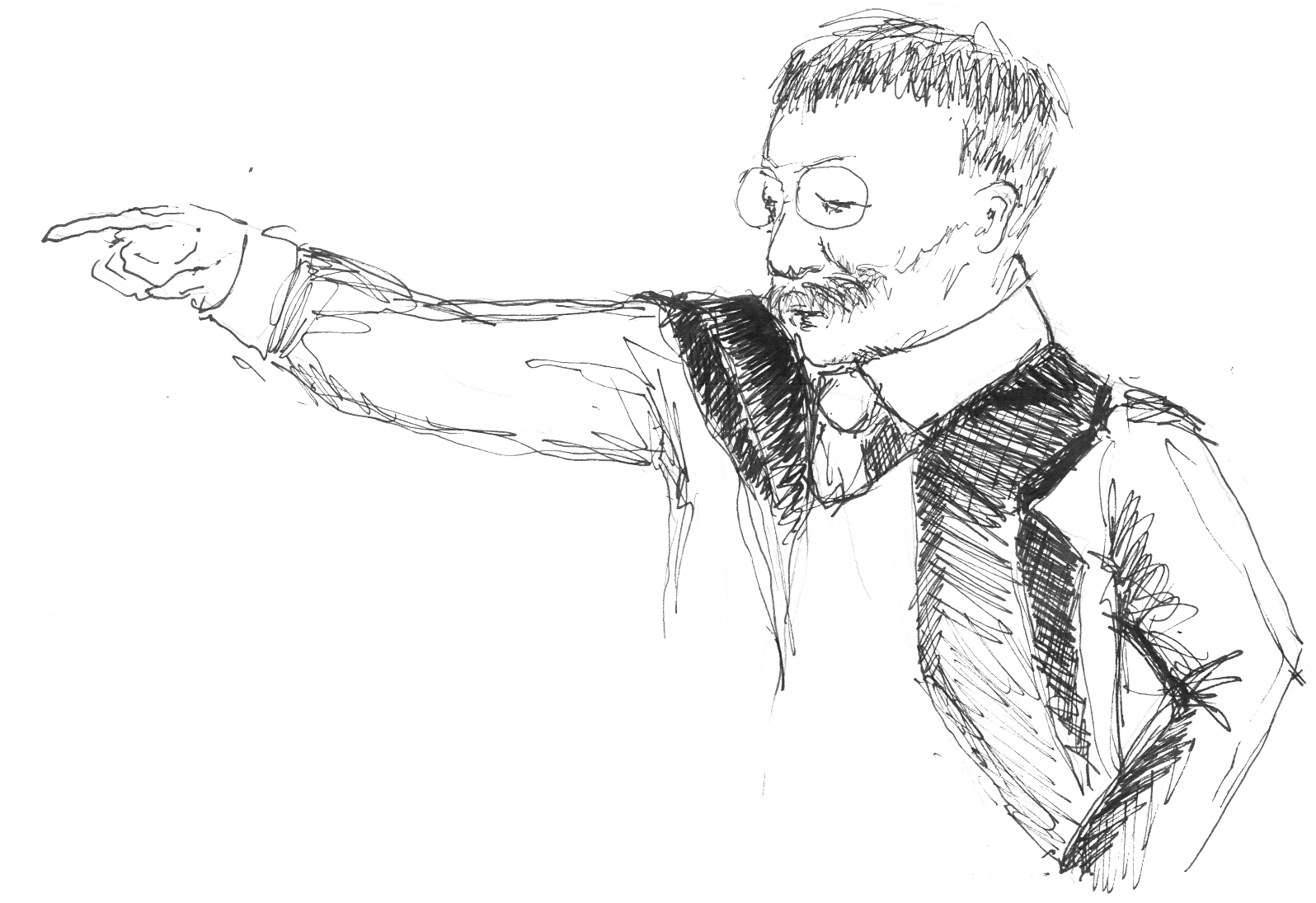
Courtesy of Hannah Bazarian, Photo Editor.
Many blog posts and opinion columns call for Obama to be more visible in the fights he pursues. They want him to go out and use the “bully pulpit,” which is a colloquial term for the ability for the president to make speeches on his own.
They say that, with Republicans controlling the message (if that’s even true), he needs to counteract that with his speeches.
He needs to go out and have a huge speech that changes the terms of debate in this country to save us from the conservatives. With both of the country’s parties (supposedly) moving to the right, he needs to stop this shift by taking it on himself.
He needs to get the public on his side and explain that his opponents are wrong. If he has a candid, honest speech about the problems in this country, the polls will shift in his favor.
Thomas Friedman said that liberals elected Obama to change the polls and not read them. The only problem with this fantasy: It’s not real. If it were, don’t you think he’d use it?
I always love these opinion columns about what the president should do, and then it’s all sensationalist crap or advice so generic and obvious that it means nothing. For example, “Stay on message, don’t let your opponents win, try your best,” etc.
The president wants to win what he can. And it is not from his not trying. He has to go through Congress.
The idea that Obama’s call to action will change the opinions of voters and cause legislators to be scared for their jobs unless they go along with him is not real.
George Edwards, a political scientist at Texas A&M, wrote a book called “On Deaf Ears: The Limits of the Bully Pulpit,” which studies the major speeches of recent presidents.
Edwards writes: “When we actually looked at what happened to virtually all presidents, the public almost never moves in their direction. That was true with Ronald Reagan, with Bill Clinton. It was even true with Franklin Roosevelt before World War II. The country moved when Hitler did things, rather than when FDR made a speech. And we’re seeing the same thing with Barack Obama.”
And he’s right. Did people suddenly and unequivocally support the occupation in Libya once Obama gave a speech? Did people suddenly support the Iraq War once Bush went on TV?
If these speeches are supposed to move public opinion in the president’s direction, they don’t work.
So what does work? That’s slightly more complicated.
Activists have to spend years advocating for their causes, and it’s a hard battle. Sometimes a majority of Americans just won’t support something, no matter how hard you try.
Edwards responds to this question by saying that the public actually its own beliefs, and the President won’t change them.
Edwards said, “The public supports what the president wants to do when they support what the president wants to do.”
It’s a fun fantasy. The idea that a proud, principled leader can use his power to shape his world view and convince others that he is right is rampant on both sides of the political spectrum.
When you believe you’re right, you believe that all you need is a big megaphone and some power.
But can you name a time when that’s worked? Have any of you ever successfully changed someone’s political beliefs by talking to them?
You may agree on a few things, but I guarantee that you will walk away with the same beliefs you had before. And this is only on a personal level with one of your acquaintances.
The idea of someone doing it to 310 million people sounds like a hefty, thankless and impossible job.
Instantly and deeply changing the beliefs and opinions of the American people is not what a president does. That’s what a hypnotist does.
